详细说明
Assay Type
Solid Phase Sandwich ELISA
Format
96-well strip plate
Sample Type & Volume Required
Cell lysates (100 µL)
Sufficient Materials
Kits available for two, five, or fifteen 96-well plates*
Specificity
Please see the
* Provided that the recommended microplates, buffers, diluents, substrates and solutions are used, and the assay is run as summarized in the Assay Procedure provided.
This DuoSet IC ELISA contains the basic components required for the development of sandwich ELISAs to measure tyrosine-phosphorylated
Product Features
Optimized capture and detection antibody pairings and recommended concentrations save lengthy development time
Development protocols are provided to guide further assay optimization
Assay can be customized to your specific needs
Available in 2, 5, and 15-(96-well) plate pack sizes
Economical alternative to Western blot
Kit Content
Capture Antibody
Conjugated Detection Antibody
Calibrated Immunoassay Standard or Control
Other Reagents Required
PBS: (Catalog # ), or 137 mM NaCl, 2.7 mM KCl, 8.1 mM Na2HPO4, 1.5 mM KH2O4, pH 7.2 - 7.4, 0.2 µm filtered
Wash Buffer: (Catalog # ), or equivalent
Lysis Buffer*
IC Diluent*
Blocking Buffer*
Substrate Solution: 1:1 mixture of Color Reagent A (H2O2) and Color Reagent B (Tetramethylbenzidine) (Catalog # )
Stop Solution: 2 N H2SO4 (Catalog # )
Microplates: R&D Systems (Catalog # ), or equivalent
Plate Sealers: ELISA Plate Sealers (Catalog # ), or equivalent
*For the Lysis Buffer, IC Diluent, and Blocking BUffer recommended for a specific DuoSet ELISA Development Kit, please see the product
Preparation and Storage
Storage
Store the unopened product at 2 - 8 °C. Do not use past expiration date.
Background: VEGF R3/Flt-4
VEGF R1 (Flt-1), VEGF R2 (KDR/Flk-1), and VEGF R3 (Flt-4) belong to the class III subfamily of receptor tyrosine kinases (RTKs). All three receptors contain seven immunoglobulin-like repeats in their extracellular domain and kinase insert domains in their intracellular region. They are best known for regulating VEGF family-mediated vasculogenesis, angiogenesis, and lymphangiogenesis. They are also mediators of neurotrophic activity and regulators of hematopoietic development. VEGF R2 is thought to be the primary inducer of VEGF-mediated blood vessel growth, while VEGF R3 plays a significant role in VEGF-C and VEGF-D-mediated lymphangiogenesis.
Entrez Gene IDs:
2324 (Human); 14257 (Mouse);
Long Name:
Vascular Endothelial Growth Factor Receptor 3
Aliases:
EC 2.7.10; EC 2.7.10.1; FLT4; Flt-4; fms-related tyrosine kinase 4; LMPH1A; PCLFLT41; soluble VEGFR3 variant 1; soluble VEGFR3 variant 2; soluble VEGFR3 variant 3; Tyrosine-protein kinase receptor FLT4; vascular endothelial growth factor receptor 3; VEGF R3; VEGFR3; VEGFR-3; VEGFR3Fms-like tyrosine kinase 4







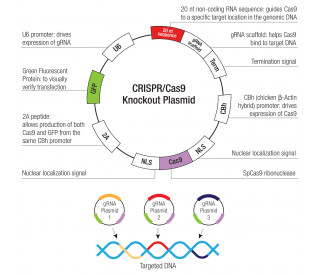
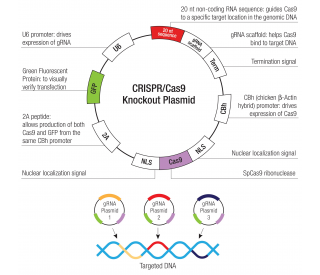
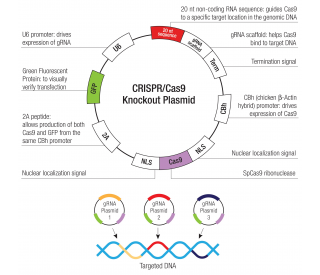
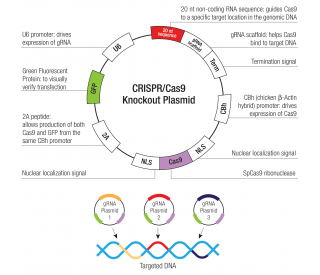
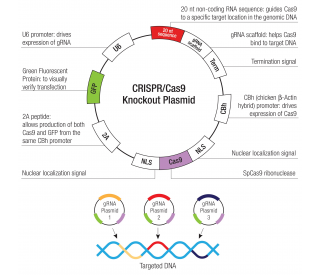
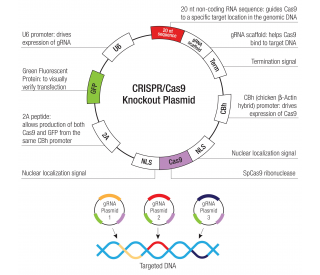



 粤公网安备44196802000105号
粤公网安备44196802000105号